Today’s readings
Have you ever been at a loss for words? Have you been in a situation that was so astounding that you were just … speechless? Hopefully it was for something astoundingly wonderful, as for the apostles as their Lord ascended to heaven. Can you imagine what was going through the disciples’ minds as they stood there watching the Ascension of the Lord? Think about all that they’ve been through. Three years following this Jesus whose words were compelling and whose miracles were amazing and whose way of life was uplifting. But still, there was something about him that they just never seemed to get. He said he was the Christ, the Anointed One, and so their strong cultural definition of the Messiah was something they projected onto Jesus, but time after time it just never fit. Then he gets arrested, tried in a farce of a proceeding, put to death like a common criminal and buried for three days. After that, he is no longer in the tomb, but has risen from the dead and appeared to them many times. Now they’re gathered forty days later, and he promises the gift of the Holy Spirit. They breathlessly ask the question that has always been on their minds, “Lord, are you at this time going to restore the kingdom to Israel?” They’re still not understanding the mission.
And so Jesus promises them the Holy Spirit again, and ascends into the sky. Can you imagine it? It’s like a roller coaster of emotions for them. Their heads had to be spinning, they had to be completely lost as to what to do now. First he was dead and buried, then he came back, and now he’s gone again. What on earth are they to do now? Well, the two mysterious men dressed in white garments have all the advice they’re going to get: “Men of Galilee, why are you standing there looking at the sky? This Jesus who has been taken up from you into heaven will return in the same way as you have seen him going into heaven.” It’s almost as if God is telling them, “You’ll see what comes next, just get on with it.” And so they do, and they’ll get more help next week on Pentecost, with the outpouring of the Holy Spirit. But until then, it’s enough for them and us to be a bit speechless.
We should be a little speechless too. Honestly, I think these stories have become so engrained in our cultural experience of our religion that we just tend to treat them as nothing special. But we should be speechless, because the Ascension, as well as the Resurrection, are game-changers for us. Nothing like that ever happened before, and it made possible our eternity; the greatest gift we’ll ever have. We should be astounded!
And then, like the apostles, we need to get on with it. Because the Ascension has very specific meaning for our mission. I think we get two directions in today’s feast. First, Christ promises us that he will be with us always. That’s what Jesus says to the disciples – and to us! – in the very last words of the very last verse of the very last chapter of Saint Mark’s Gospel: “But they went forth and preached everywhere, while the Lord worked with them and confirmed the word through accompanying signs.” This is such an essential point of faith for us to get: Jesus our Lord will be with us every day, every moment, right up to the end of the age, working with us and in us and through us. He is present in our Church today. His abiding presence is with us when we gather in his name, when we worship, hear the Word proclaimed and celebrate the sacraments. And he is with us, too, when we serve others, being those hands and feet of Jesus in a tangible way.
And secondly, the Ascension reminds us that the Christian Mission has been entrusted to our hands. Christ has ascended into heaven, he has returned to the Father. So, yes, on this feast of the Ascension of the Lord, we are rightly struck speechless, but now it’s time for us to take up the Cross, to preach the Word in our words and actions, and to witness to the joy of Christ’s presence among us. If people are ever going to come to know Christ, if they are ever going to be challenged to grow in their faith, if they are ever going to know that there is something greater than themselves, they’re going to have to see that witness in other people, and it needs to be us. We have to be transparent in our living so that people won’t be caught up on us, but will come through us to see Jesus, to see the Father, to experience the Spirit. We are the ones commanded to “Go, therefore, and make disciples of all nations, baptizing them in the name of the Father, and of the Son, and of the Holy Spirit…” The mission is entrusted to us now.
The speechlessness has to be over. The Psalmist tells us that God mounts his throne to shouts of joy. We must be joyous in living our life as Christians, assured of God’s abiding presence until the end of time, looking forward to our heavenly reward, and living the mission for all to see. We must no longer be speechless, but instead be a blare of trumpets for the Lord!
Christ is risen! He is risen indeed! Alleluia!
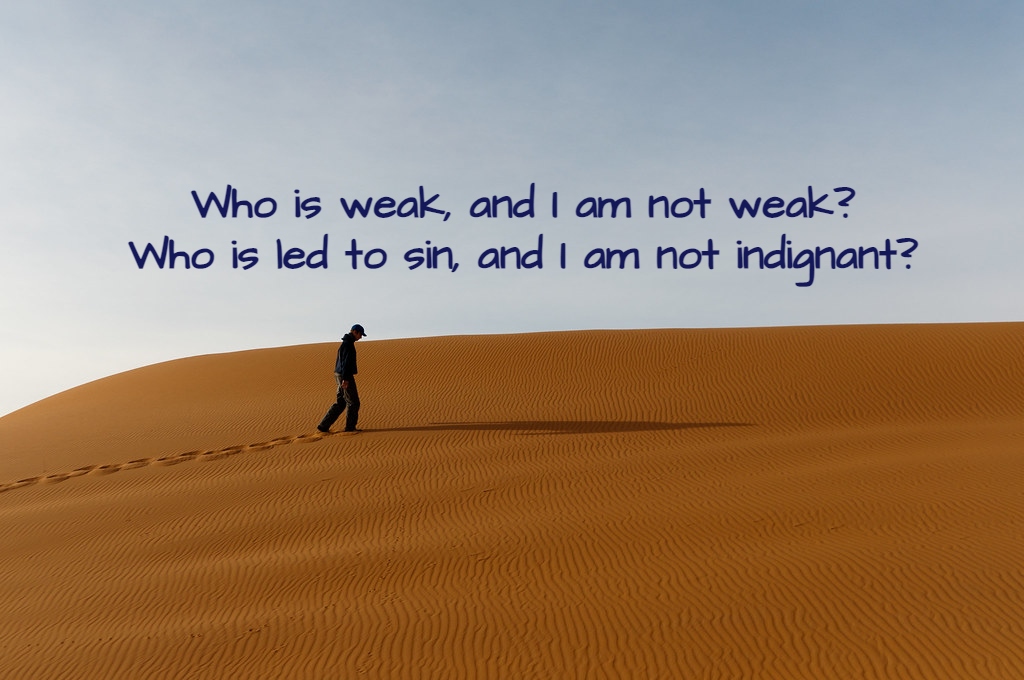
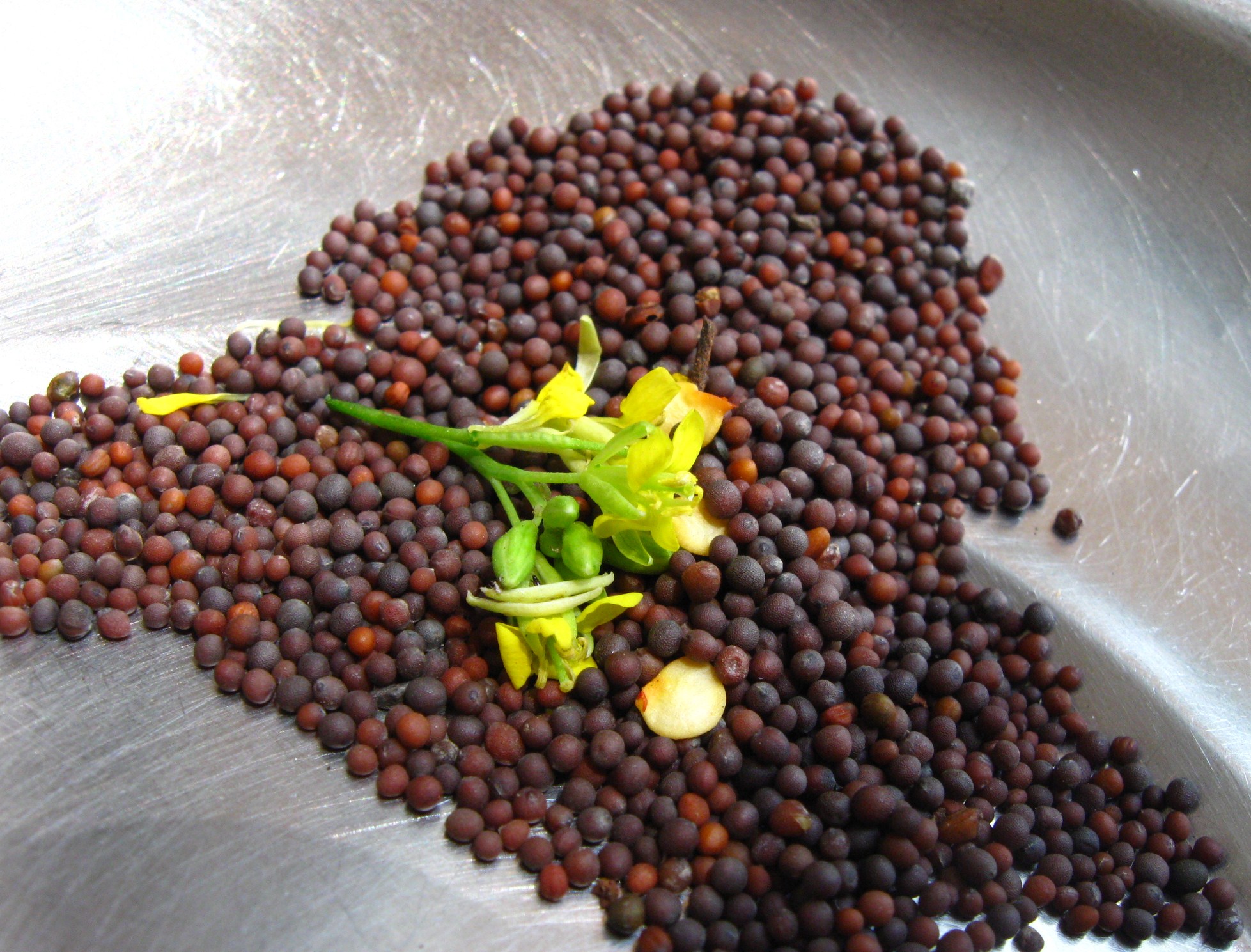
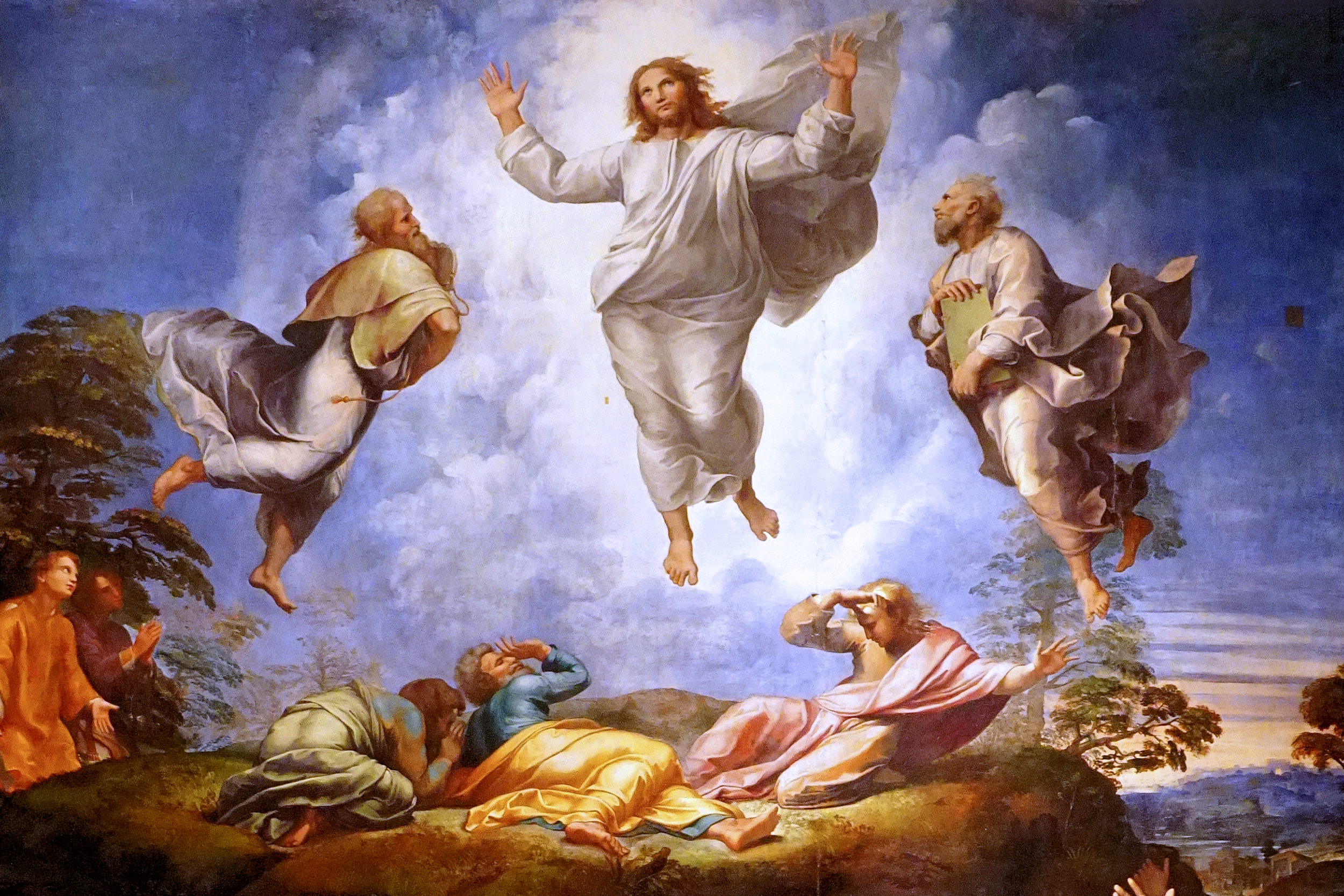

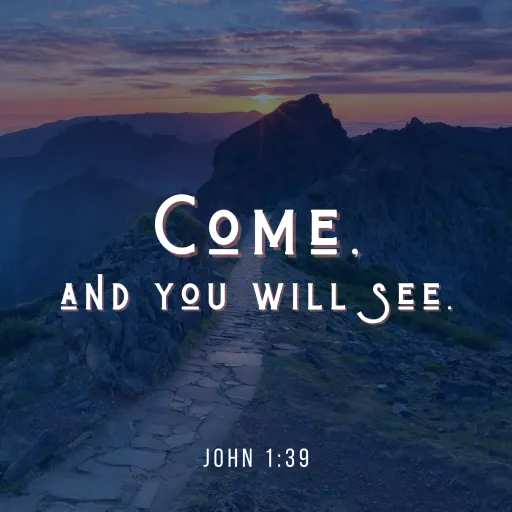
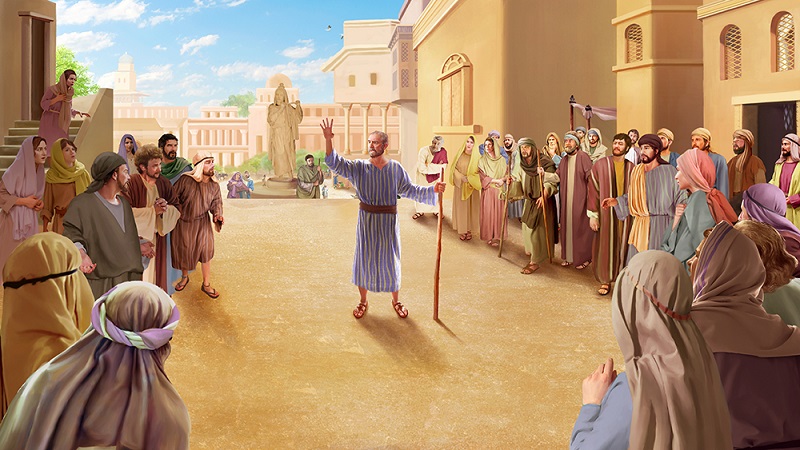


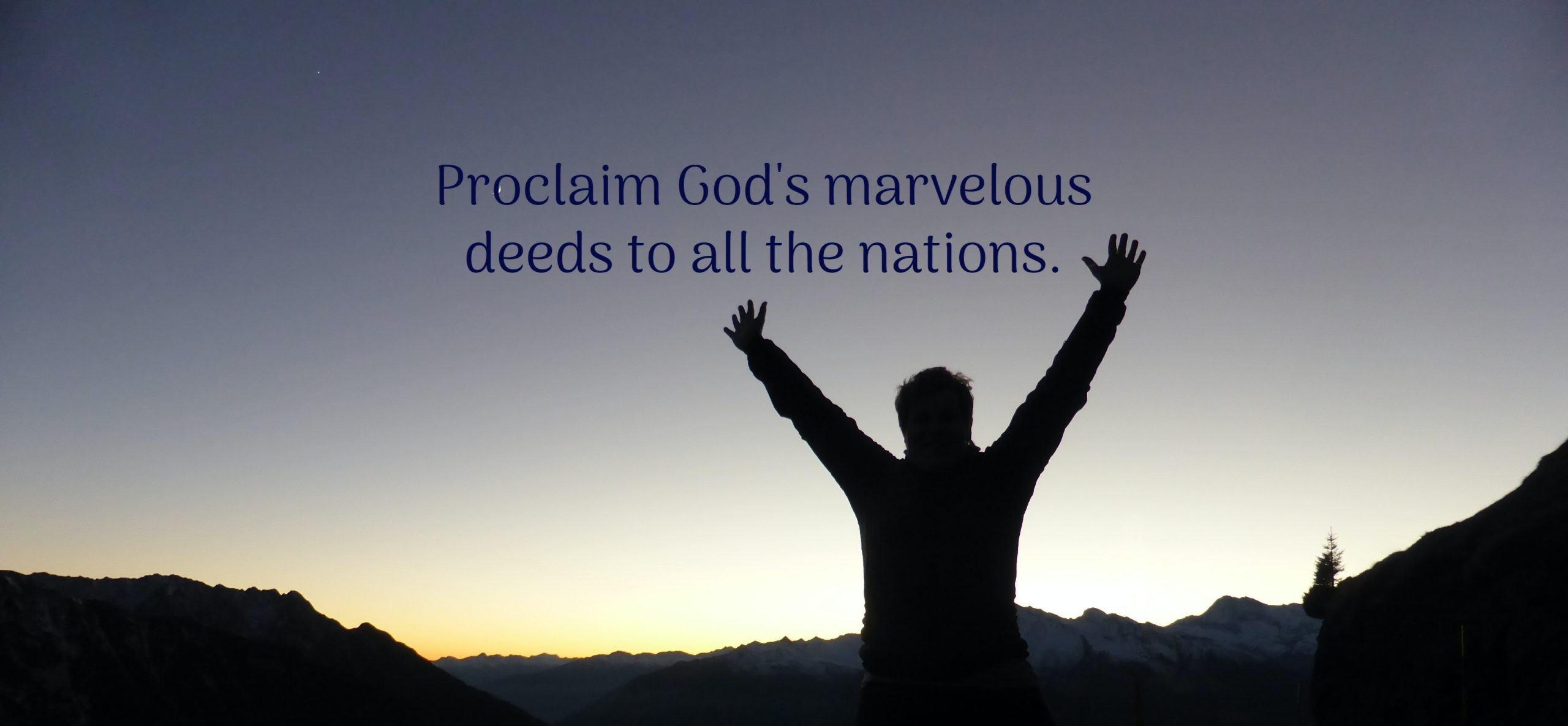

You must be logged in to post a comment.